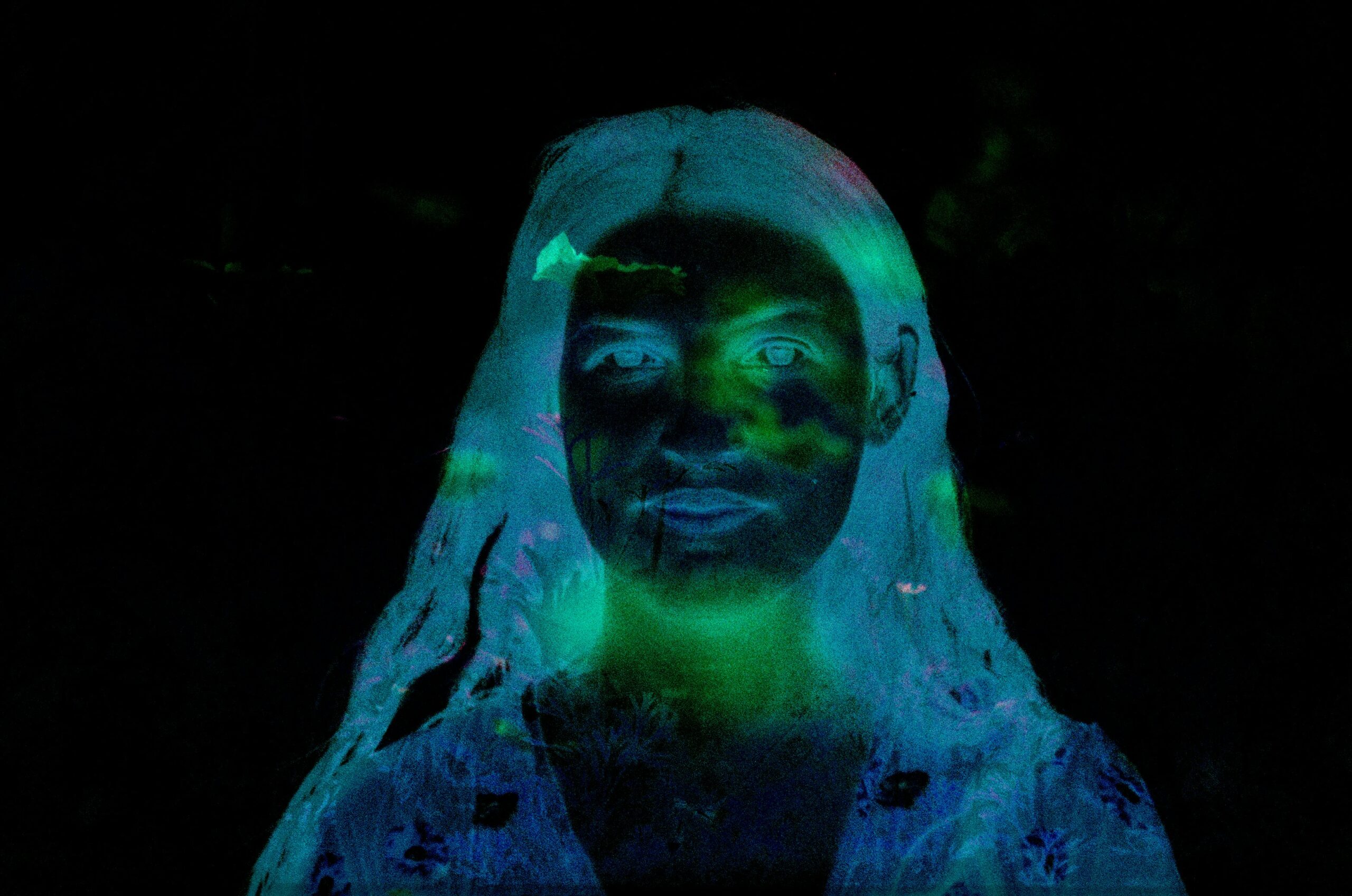We’re living in an age where science fiction doesn’t feel like fiction anymore. Digital resurrection—yes, actually bringing back the dead in digital form—is no longer just a thought experiment or a dystopian plotline. It’s real. With the help of artificial intelligence, we now have the tools to recreate the voices, faces, and personalities of people who’ve passed away. It’s incredible, a little eerie, and raises some tough questions. Like this one: Just because we can do it, should we?
What Does It Mean to Bring Someone Back Digitally?
Let’s break it down. Digital resurrection means using AI to simulate someone who’s no longer alive. This could look like:
- A chatbot that sounds like your late partner.
- A hologram of a famous singer performing on stage decades after their death.
- A social media profile that stays active long after the person is gone, updated by algorithms.
Tools like Replika already let people chat with AI versions of loved ones. A South Korean VR documentary, “Meeting You,” even reunited a grieving mother with her deceased daughter in a virtual world. Meanwhile, voice-cloning software can recreate speech from just a few seconds of audio.
For some, this offers real comfort. For others, it’s deeply unsettling.
What Philosophy Has to Say
1. Can You Really Consent After You’re Gone?
Even if someone gave permission before passing, could they truly understand what they were agreeing to? AI moves fast—faster than most of us can predict. Maybe they said “sure” to a digital memorial, not realizing it might become a chatbot people could interact with.
2. Are We Just a Collection of Data?
What makes someone… someone? Is it their voice? Their humor? The way they think and feel? Even if AI can mimic all of this, it’s still imitation—not consciousness. Philosophers like Derek Parfit questioned whether we’re just a bundle of experiences or if there’s a “true self.” Either way, can a copy really capture what it means to be you?
3. Does This Help Us Grieve—or Trap Us in It?
Grief is hard, but it has a purpose: it helps us heal and move forward. Talking to a digital version of someone we lost might ease the pain temporarily. But what if we start clinging to it, unable to let go? That’s not healing—that’s avoidance.
Who Controls Your Digital Ghost?
Let’s say someone does get digitally resurrected. Who owns that version?
- Their family?
- A tech company?
- Can anyone own it?
And what if that avatar starts saying things they never would have said? Or is used to make money—advertising a product, perhaps?
Here are some red flags:
- Privacy: Should voice messages or texts be used to build these avatars?
- Profits: If a company charges others to speak with your digital self, is that honoring your memory—or exploiting it?
- Accuracy: Even with all the data, an AI can still mess up. That version of “you” might not reflect who you truly were.
Grief in the Digital Age
Traditionally, we’ve had rituals: funerals, memorials, photo albums. They gave us space to remember and to move on. But with digital resurrection, that process changes. The dead don’t really stay gone. They keep “posting,” speaking, existing—kind of.
This can make things messy:
- It may delay emotional closure.
- It could blur real memories with fabricated ones.
- We may start relating more to an avatar than to the person we actually lost.
This Is Not a Future Problem
You’ve probably already seen it. Remember when Anthony Bourdain’s voice was recreated for a documentary, using AI? Or how Carrie Fisher appeared in Star Wars films after her death?
These moments weren’t just controversial—they made people uncomfortable. Why? Because no one was sure those individuals would’ve wanted it. Technology sprinted ahead while ethics limped behind.
Should We Be Doing This?
Some believe digital resurrection is a gift—a way to preserve voices, stories, and people we love. Others see it as dangerous. A slippery slope where grief gets entangled with illusion and memory becomes product.
Here’s the heart of it: death is sacred. It marks a boundary. And when tech tries to erase that boundary, we need to stop and ask—what are we really doing?
Why This Matters Now
AI isn’t just changing how we work or play. It’s changing how we grieve. How we remember. How we define being human.
Maybe the real power of this conversation isn’t in stopping digital resurrection. Maybe it’s in helping us think more deeply about what makes life meaningful, and what kind of legacy we want to leave behind.
Because in the end, maybe it’s better to be remembered truthfully than to be recreated digitally.





Bir yanıt yazın